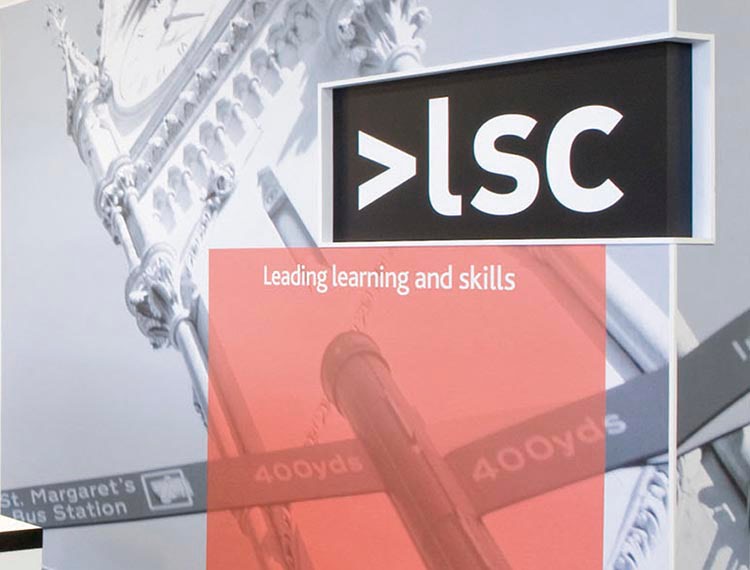New LSC Report Reveals That Todays Young People Are Determined To Succeed

A new report hailing Apprenticeships as the new road to success has just been published by the LSC. Apprenticeships- The Success Report 2004 was commissioned by the Learning and Skills Council to examine and explore the views of young people, their parents and small, medium and large employers across the UK. More than 1,000 young people between the ages of 14-19 were surveyed regarding their attitudes towards success, qualifications and the future.
The report reveals a number of intriguing insights about the mind set of today’s teenagers. Stephen Gardner, the Director of Work Based Learning at the LSC calls the report “a series of fascinating insights which serve to challenge [the] stereotypes associated with young people as short-termist and in awe of celebrity.”
Success
A deeper look into the report shows that of the young people surveyed, the majority recognize personal fulfilment and getting a job that they enjoy as the main markers of success. In addition, earning qualifications and degrees, as well as the concept of “making a difference”, rank high in the definition of success.
These findings may surprise those who are quick to write off the young people of today as only yearning after celebrity, easy money and an easy ride to success. One of the most exciting findings of this report is the revelation that the greatest source of pressure to succeed comes from teenagers themselves, with the average young person expecting to have become successful in their chosen career path by the age of 27.
“The report reveals a contrasting picture of a generation defined by a sense of determination,” furthers Gardner. This is emphasized by the encouraging statistic that 93% of young people and 91% of parents are confident that today’s youth will be happy and fulfilled in their chosen career.
However, employers, young people and parents have different ideas of the best path to success. Of the employers surveyed, Apprenticeships come just slightly ahead of GCSEs as the most valuable qualification when seeking new staff. Conversely, just one in 10 young people will pursue an Apprenticeship, with the majority of young people and parents viewing academic qualifications as the most significant route to career success. These findings may prove worrying to employers who view training as a top priority and see work experience as crucial to future success.
It appears that the discrepancy between the ideas of the most successful career path comes from the relative newness of the more non-traditional qualifications. Apprenticeships were introduced in 1994 to provide on the job training while pursuing an NVQ. Apprenticeships- The Success Report 2004 reveals that young people and parents are not as familiar with Apprenticeships and the other non-academic qualifications and as such, are not as likely to pursue these qualifications.
Best Of Both Worlds
Those that have successfully completed an Apprenticeship believe that they have benefited from the best of both worlds.
Ricky Hardie, who successfully qualified for a BTEC in Chemical and Production Engineering and an NVQ Level 2 in Using IT says,
“It was good to earn and learn at the same time. It was good to get experience in the environment you wanted to work in to see if it was where you wanted to be.”
This enthusiasm for Apprenticeships is echoed by Rod Kenyon, Director of Engineering Academies at British Gas:
“Our apprenticeships become experts not only in engineering, but also in customer care”¦ The enthusiasm and dedication that our apprentices have for learning their trade is unrivalled. Every single one of them is their own success story.”
Wave Of The Future
With this week’s Tomlinson Report urging a further emphasis on vocational qualifications for young people, it appears that Apprenticeships are the wave of the future. The aggressive bid to increase public awareness of Apprenticeships has been seen through an on-going campaign spanning all forms of media. November 10th marks the six-month anniversary of this campaign, which began after the new family of Apprenticeships was announced by Education and Skills secretary Charles Clarke and the Chancellor Gordon Brown in May.
It is clear the Labour government is committed to funding a wide range of options for those who are seeking academic qualifications and those who are seeking vocational qualifications. The expansion of the Apprenticeship program provides an excellent opportunity for both employers and young people and looks set to become a more widely chosen alternative to the traditional A-Level and university path.











Responses